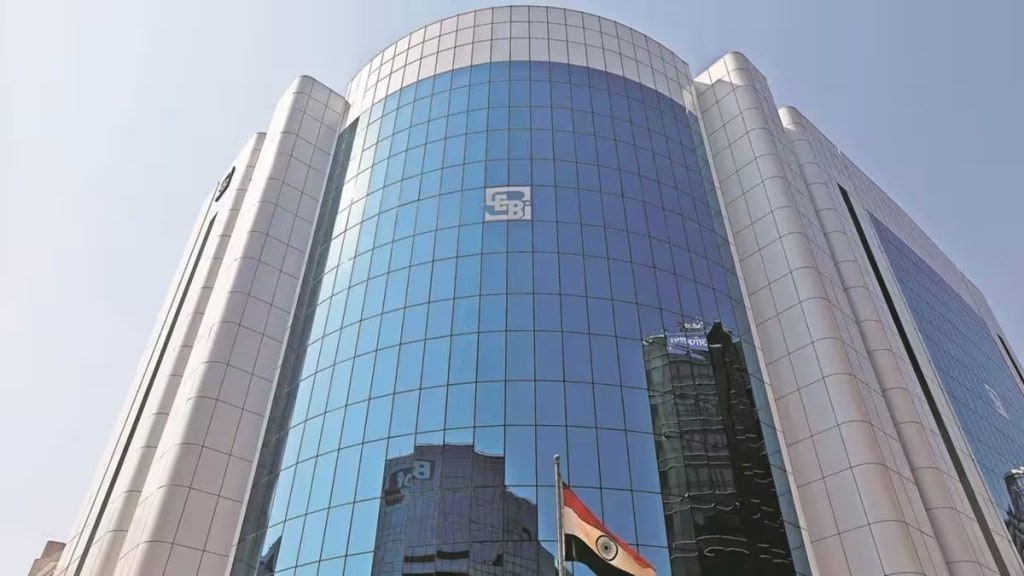The Securities and Exchange Board of India (Sebi) on Friday told the Supreme Court that it would not seek an extension to complete the probe into the Adani group. Solicitor General Tushar Mehta, who appeared for Sebi, told the apex court that 22 of the 24 cases related to the Hindenburg matter were already resolved. For the remaining two cases, they are awaiting a response from foreign regulators, he added.
Reserving its verdict on the pleas pertaining to the Adani-Hindenburg issue, the Supreme Court on Friday said there were no reasons to doubt or discredit Sebi’s probe into the allegations, including that of stock price manipulation, against the Adani Group. Further, the apex court added that it does not have to treat Hindenburg Research’s report as a “true state of affairs”.
The court also said it would not be proper for it to set up a special investigation team (SIT) for further probes as it does not have any material before it.
A bench of the apex court – comprising Chief Justice of India DY Chandrachud, Justices JB Pardiwala and Manoj Misra – also stated that Sebi must complete the probe in all 24 cases.
Earlier on August 25, the markets regulator had submitted a ‘crucial status’ report on its investigations into the allegations of stock price manipulation by the Adani Group before the apex court.
The apex court also asked what the markets regulator intends to do to protect investors from extreme volatility in the stock market, and asked it to take steps to ensure that instances of loss of investors’ wealth, consequent on short selling or volatility in the stock market should be eliminated.
“We don’t have to treat the Hindenburg report as being a statement of truth. There is no means of testing the veracity of the report and hence asked Sebi to probe,” the bench observed.
Mehta told the court that Sebi wrote to the Organised Crime and Corruption Reporting Project (OCCRP) seeking details and documents relied upon by the organisation, while making allegations against the Adani Group in its August 31 report. However, OCCRP was not willing to share the details of the allegations and said that they could instead be obtained from an NGO in India, which had provided it the information.
As per the Solicitor General, this NGO is run by Prashant Bhushan. Advocate Prashant Bhushan, who appeared for one of the petitioners, questioned the credibility of the Sebi’s probe.
“We have come to the conclusion that the Sebi’s probe is not credible. They say 13-14 entries were linked to Adani, but they cannot look into it as the FPI guidelines were amended,” Bhushan said in the court.
He also argued that Sebi’s role in the matter was “suspect” for several reasons as a lot of information was available in 2014. He also asked the apex court to see whether the probe by Sebi was credible and whether some other independent organisation or an SIT was needed to investigate further.
However, the bench expressed its reservation to direct Sebi to investigate the matter based on certain media reports. It also sought whether the regulator has found any element of wrong doing as alleged by the short-seller.
As per the expert committee report released in May this year, there were no prima facie lapses on the part of the Sebi in the Adani issue.
The petitioners have asked the apex court to consider appointing a Special Investigation Team, while they also alleged that reports published by foreign newspapers such as Financial Times and Guardian show that certain funds were run by Vinod Adani, older brother of Gautam Adani. The funds were alleged to have routed money for the Adani Group.
